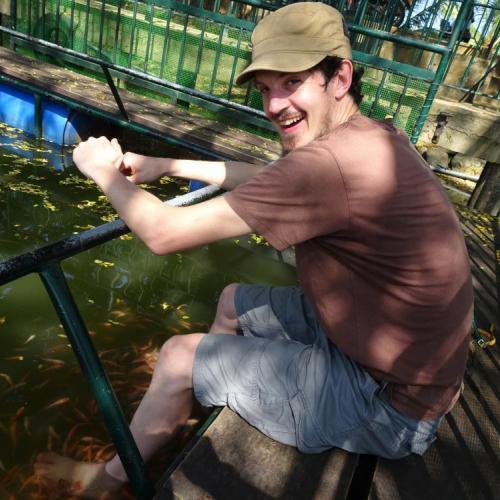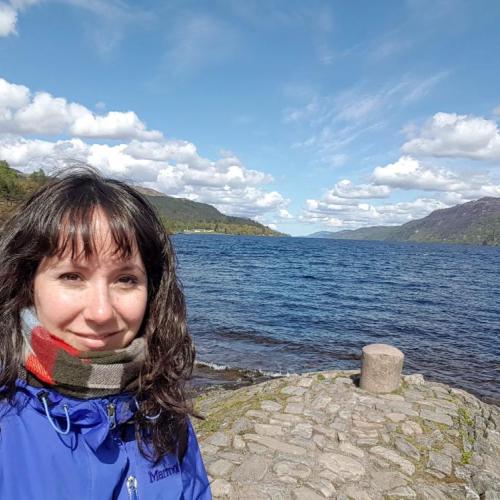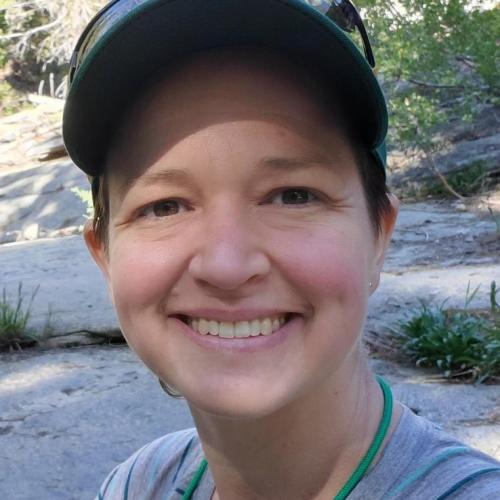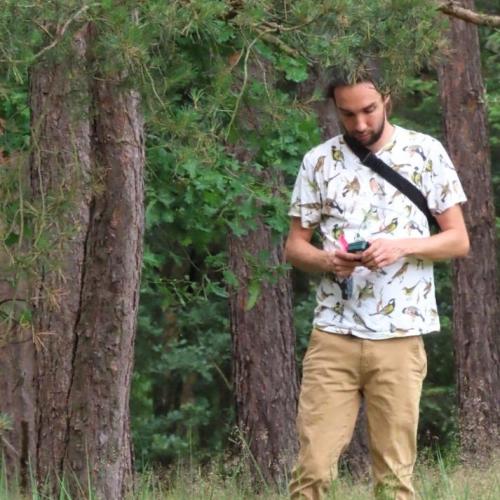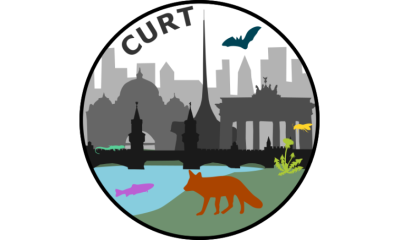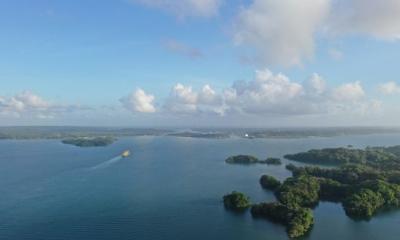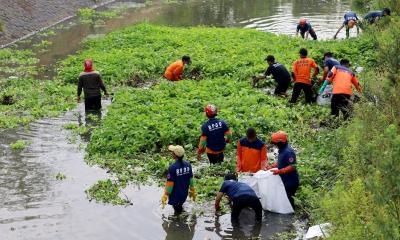
Ecological Novelty

Group profile

Novel organisms. | Photo: Jonathan Jeschke a.o. / IGB
Ecological research has traditionally focused on pristine environments. In the Anthropocene, however, it has become increasingly important to understand ecological and evolutionary effects of human action.
Ecological novelty is an umbrella term for unprecedented, human-mediated changes at different ecological levels, from organisms and populations to communities, ecosystems and landscapes. These direct and indirect effects of human action lead, for instance, to novel organisms and novel communities which we investigate in our group. Examples for novel organisms include: invasive species (our main research focus), range-expanding species, genetically modified organisms, synthetic organisms, and emerging pathogens. Novel communities are species communities with no historical analogue, resulting from (i) the arrival of novel organisms (our focus) and/or (ii) abiotic human-driven changes. A special type of novel ecosystems that we investigate are urban systems including their biodiversity and social-ecological interactions, with a particular focus on Berlin, but also applying a comparative approach across cities worldwide.
The research methods we apply are largely theoretical, but we are also using empirical approaches. We are addressing hypotheses and research questions in invasion biology, urban ecology and related fields. For example, we collect, structure and analyze data that are available for leading hypotheses, and we create conceptual maps of research fields by connecting related hypotheses. This is achieved with novel tools for research synthesis which we continue to develop with collaborators across the globe - tools that transform information into knowledge.




